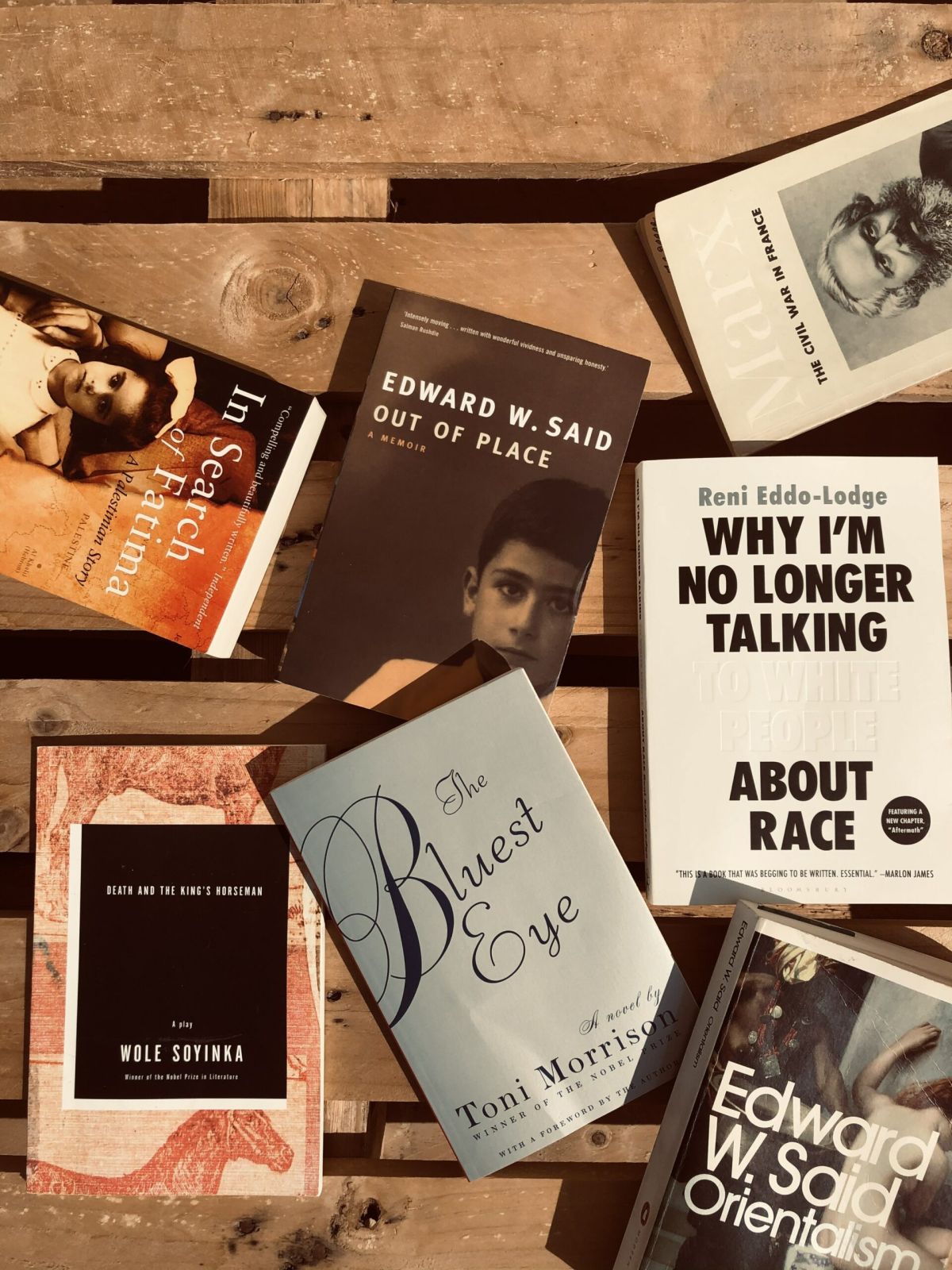In conversation with Dr Clara Dawson about decolonising the curriculum

Recently, it was reported by the Telegraph that the University of Edinburgh was looking to pay students £15 an hour to become “critical readers” in order to decolonise their curriculum. This news story did not materialise out of the blue, no matter what the Facebook comments may say. It is representative of a change that is sweeping across education in its entirety, and is gaining more and more prominence with every passing year.
In order to discuss this topic and find out what the University of Manchester is doing to take an active role in the changes education is undergoing, I talked to Dr Clara Dawson, a senior lecturer in the English and American Studies Department, to discuss the decolonisation of the curriculum at Manchester and, particularly, of the literature course.
First of all, it is important to understand what the ‘decolonising of the curriculum’ actually means. Dr Dawson states that, although it is a subjective term and every individual and institution approaches it in a different way, she sees it as broken down into two general branches: 1) what we teach and 2) how we teach.
Not only, as Dr Dawson explains, must we think about what we teach in terms of syllabi, authors and the balance of curriculums, we must also think about how and under what guise we do that. This could involve, she suggests, considering ideas such as universities examining their own links to colonial history and the sole authority of the lecturer perhaps needing to be decentralised in order to motivate a more diverse conversation around education.
Having established the ‘what’, the next logical question would be ‘why’. Why do we need to decolonise the curriculum, where has this motivation come from? In fact, Dr Dawson goes on to explain, a lot of the drive has come from students themselves. There is, she says, a desire from a growing number of students to look honestly at their own and their education’s history, to reject a complicity in the present as well as analysing the past.
This desire can also be seen to be intertwined with the recent progressive movements that have pushed ideas of race, class and gender into the spotlight and out of the rugs they have been swept under. For example, as Dr Dawson elucidates on, her own work in Victorian literature has become ever more pertinent due to the re-examination of eminent Victorian figures and their links to discrimination, which has often resulted in the toppling of statues during protests. Such protests and movements have brought the past into the present and has re-examined it, linking history to issues that are still highly relevant in today’s world.
However, the decolonisation of the curriculum is not just a theory or a movement, all around the country it is being practically implemented and Dr Dawson outlines just how this can be and is achieved practically. She outlines that the practical implementation is a combination of both short and long-term goals that will shift the curriculum to a more progressive point, something she and her department are actively aiming to achieve at The University of Manchester.
Certainly, she asserts, whilst short-term solutions such as adding authors that deviate from the white male canon in order to create a more equally diverse course certainly provide a starting point, much more must be done over a longer period of time in order to fully address the issue.
Dr Dawson goes on to outline what the University of Manchester is doing in the long-term, with ideas such as possibly adding an MA in critical race theory, designing specific modules around race and empire and shaping degrees on a macroscale to promote a far more diverse experience.
The next 10-20 years will certainly be a crucial point in the decolonisation of the curriculum. As Dr Dawson states, the decolonisation movement is not going to go away until not only education, but society in general, as a product of the educational systems we all pass through, is far more aware of itself and its position in its past, present and future and how we can achieve equality in social justice in everything we do. But, although we have a long way to go, positive change certainly is happening, and there is no doubt we should all do our bit to embrace, support and champion that change for a more enlightened future generation.







